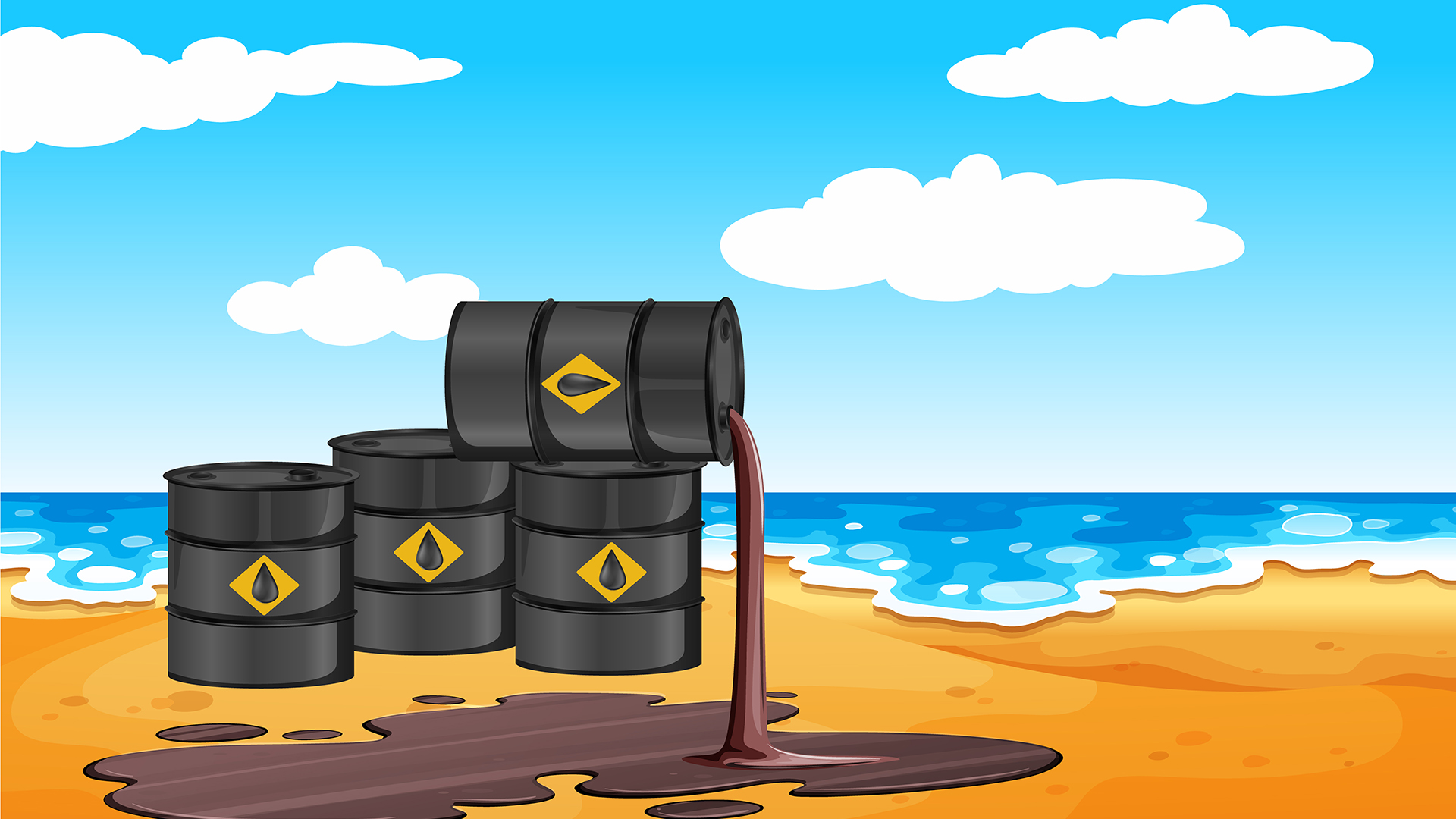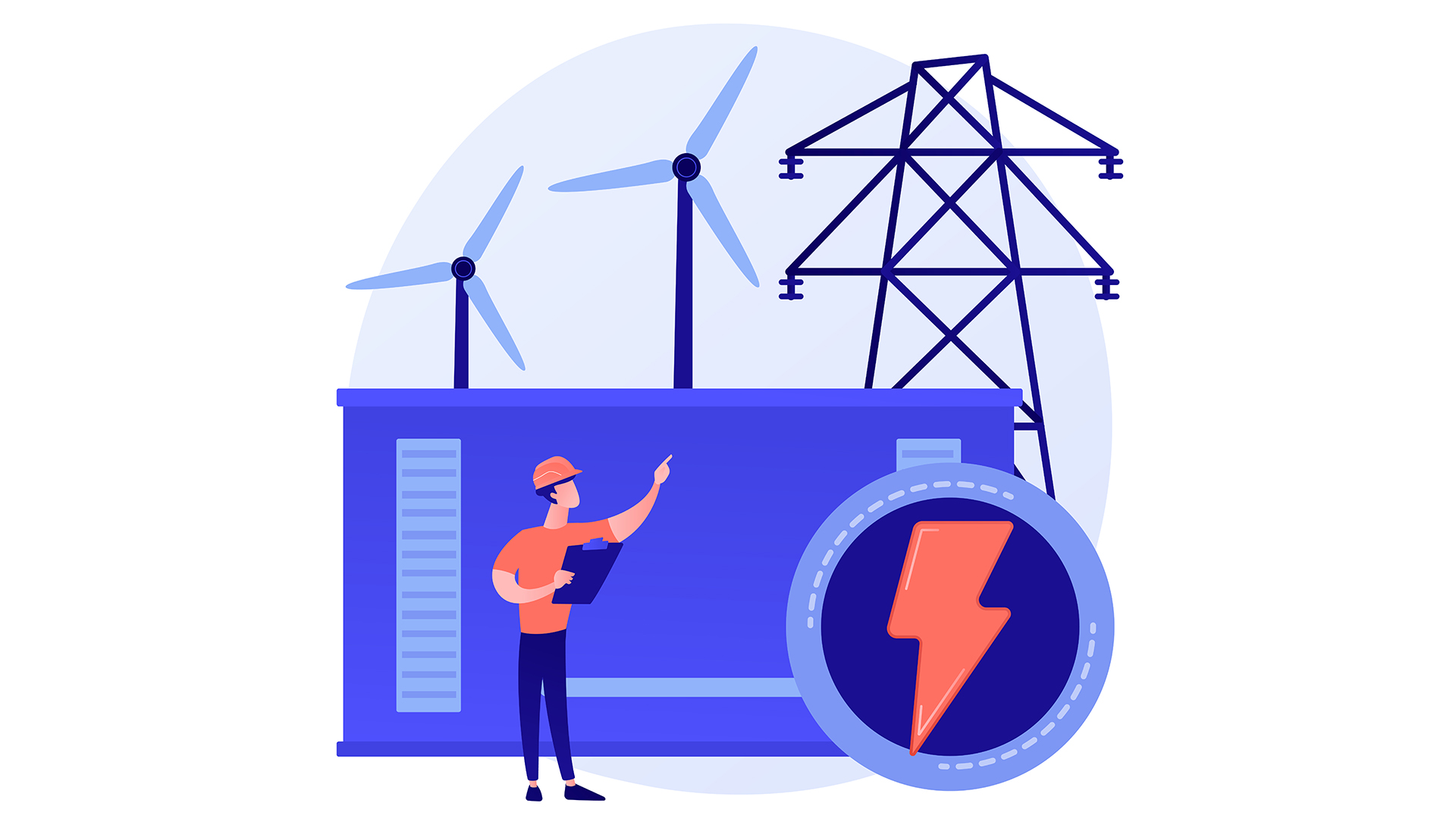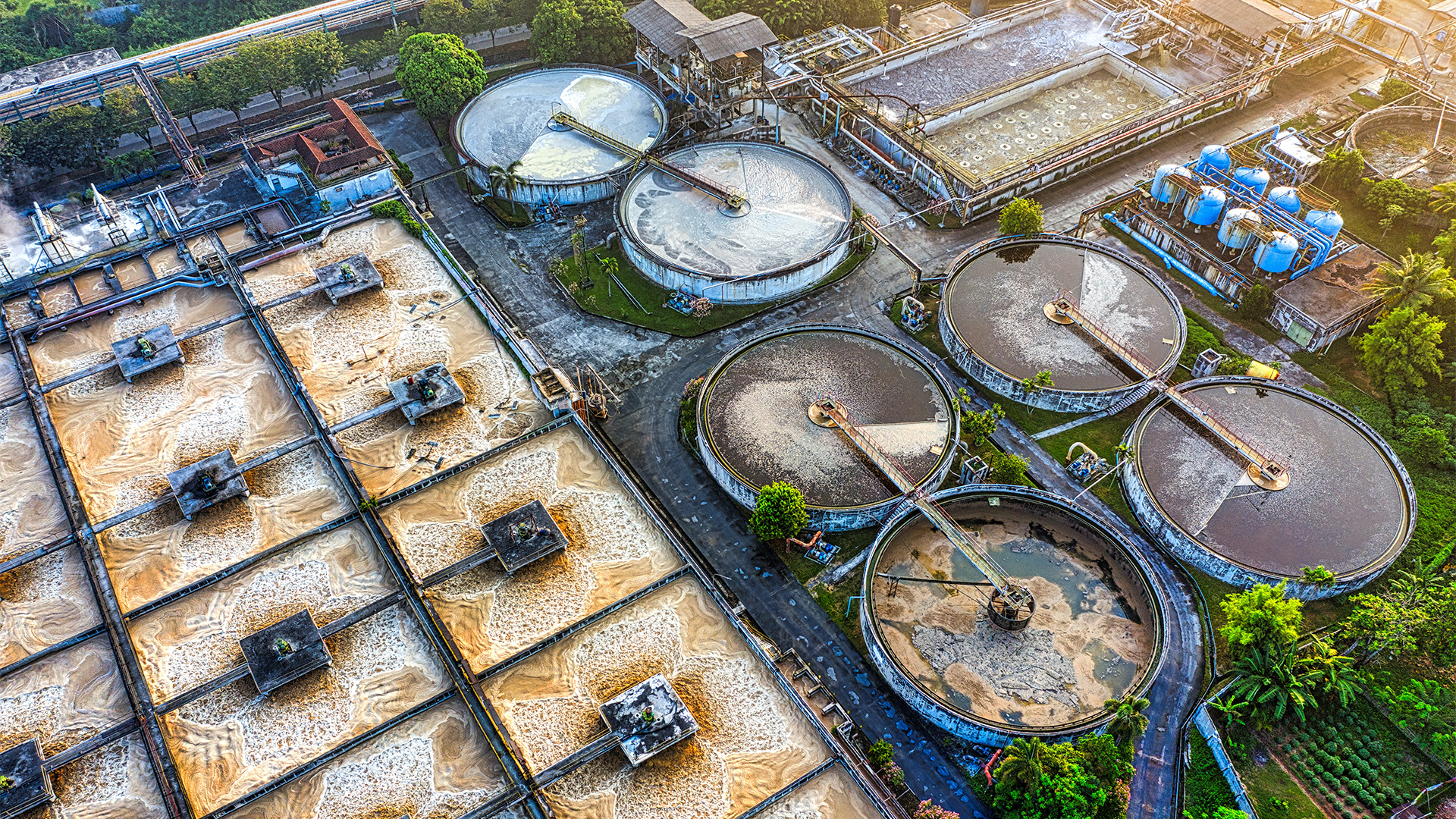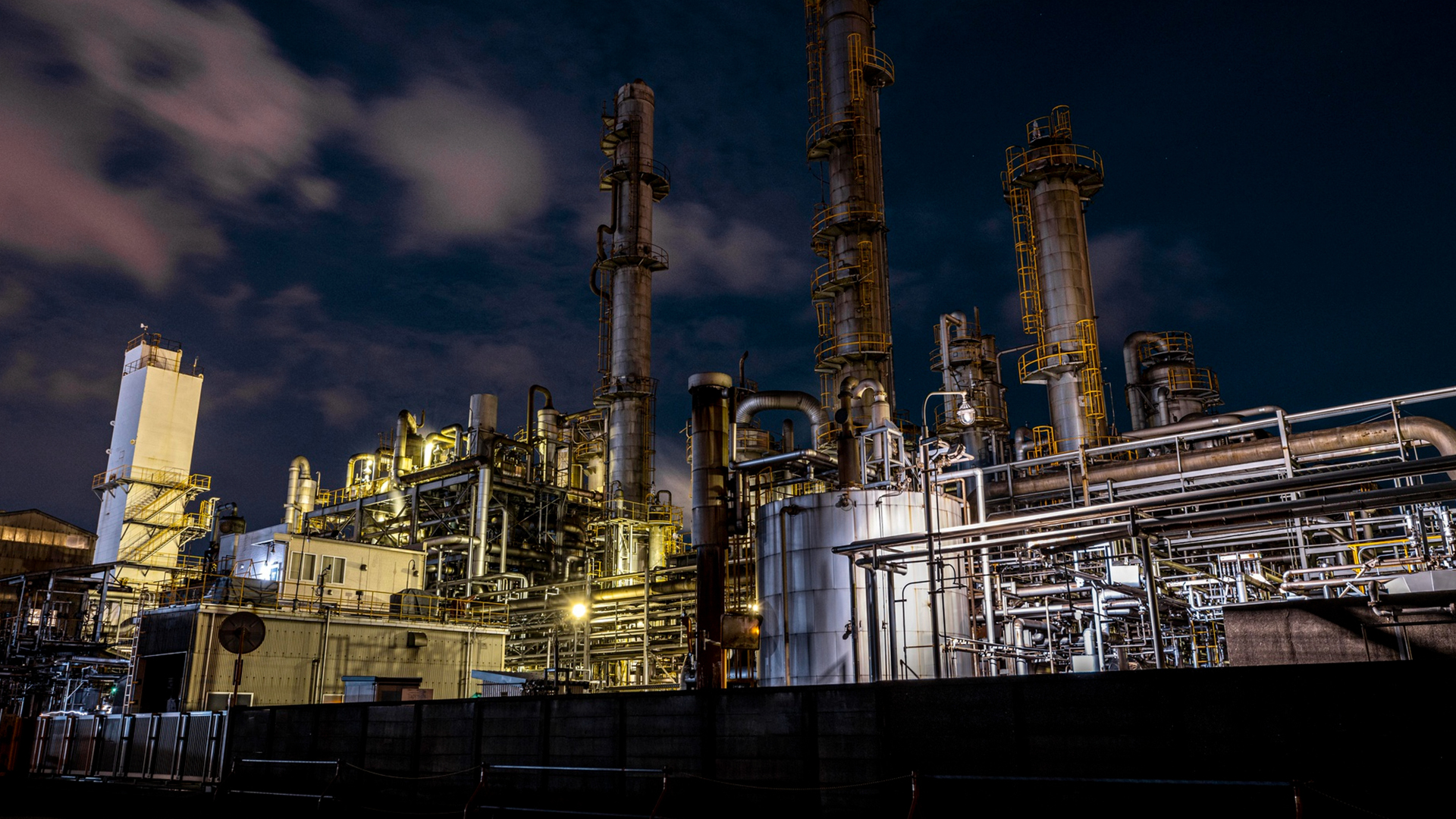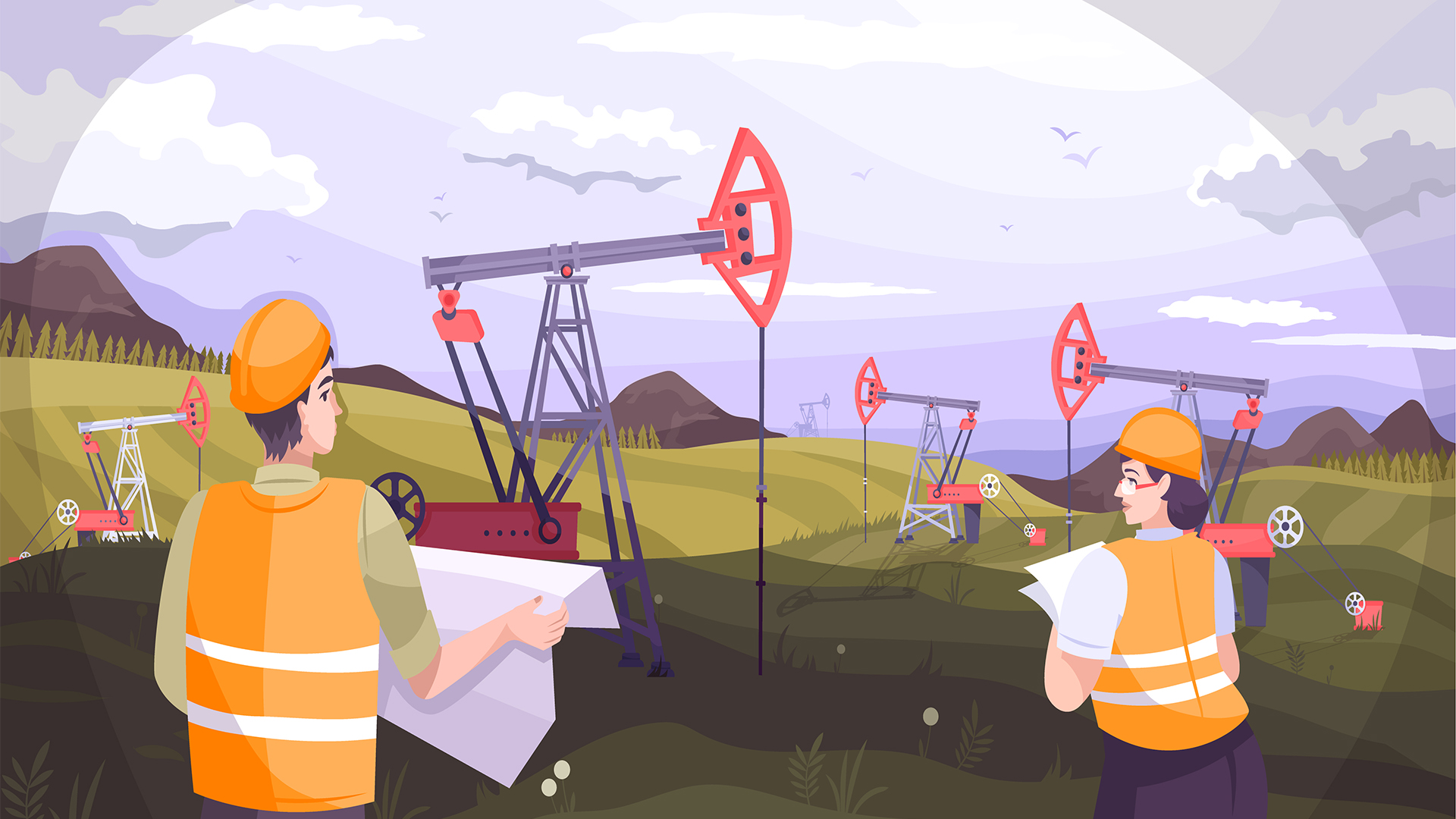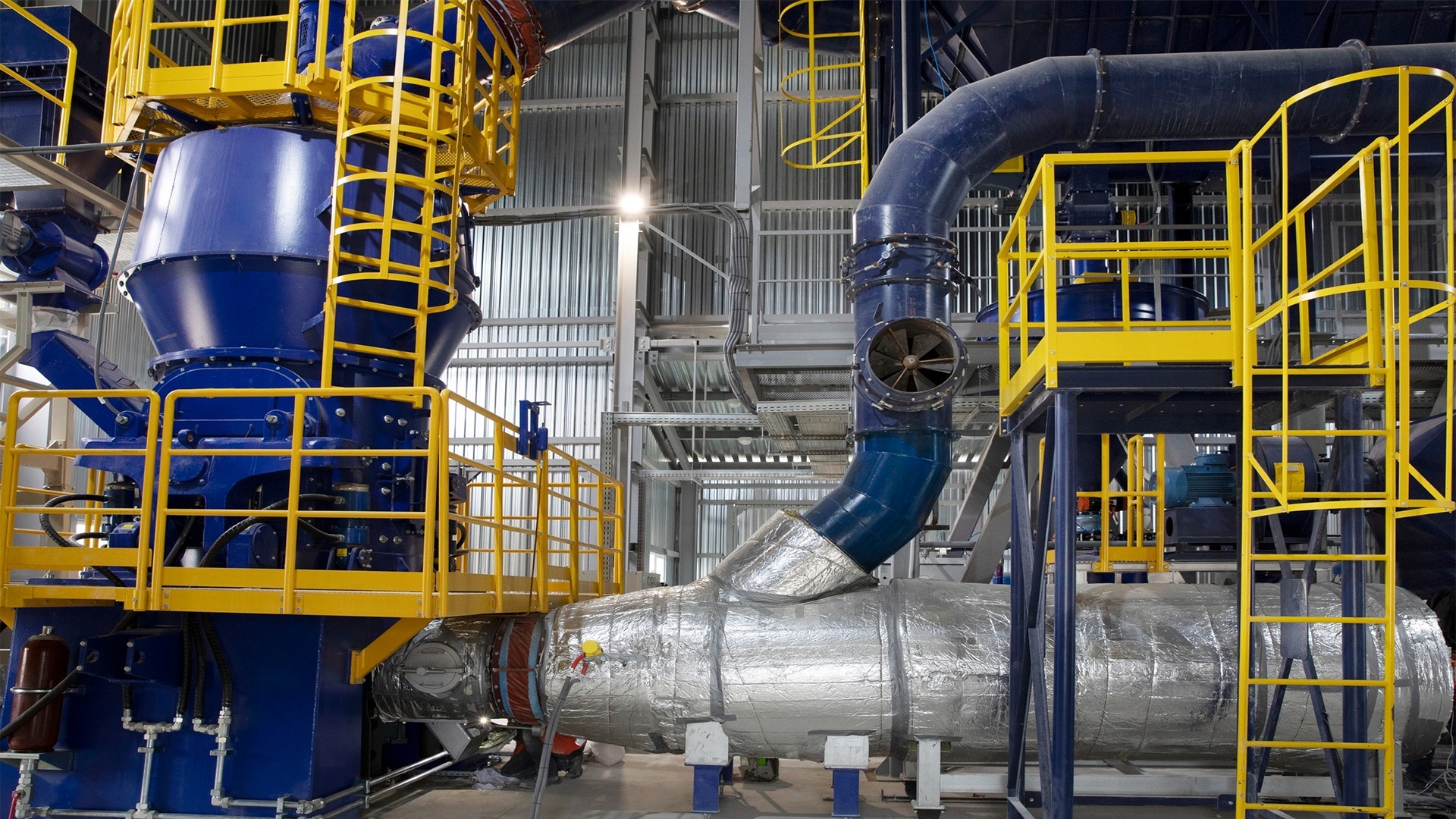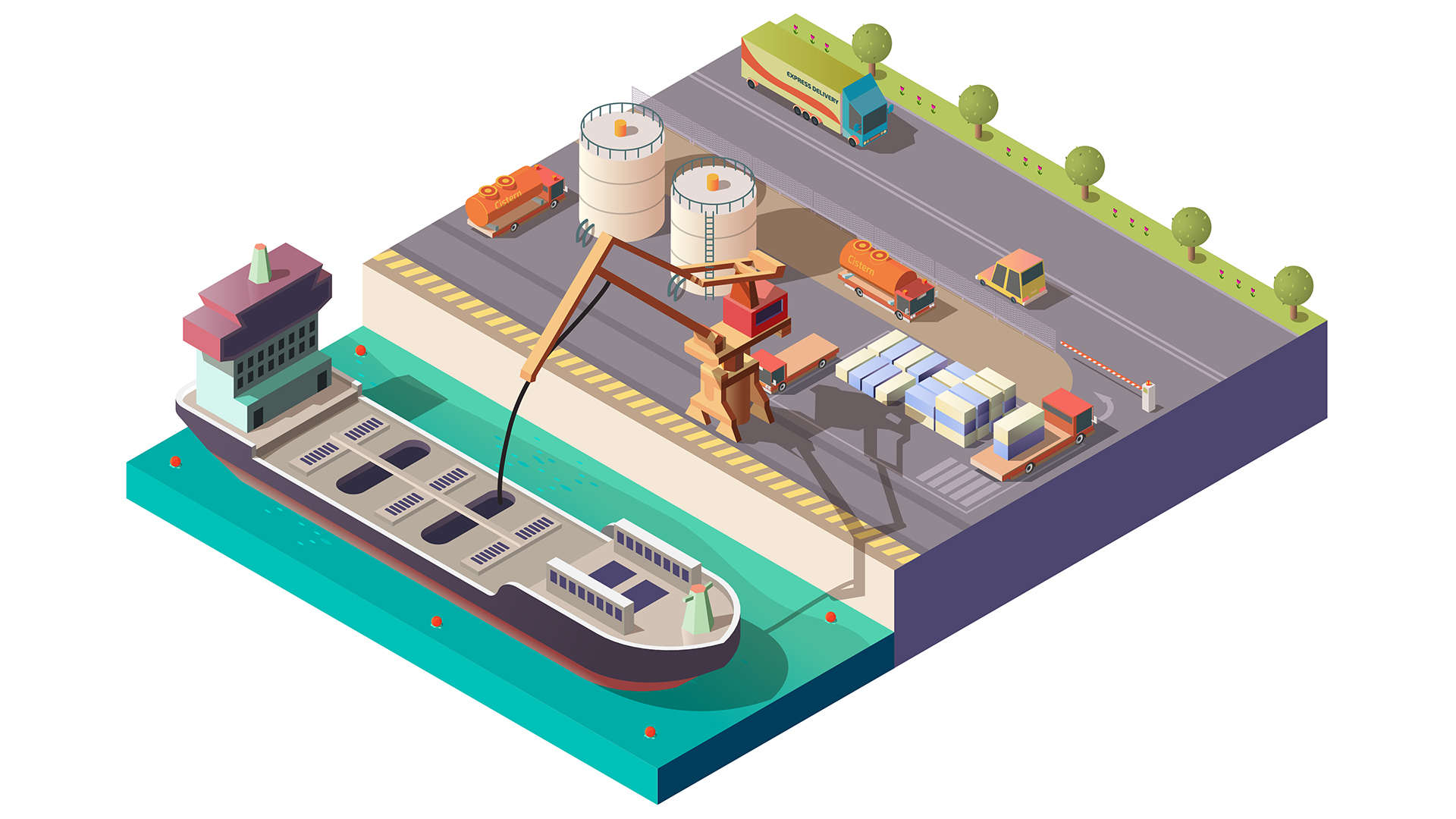
Petroleum Engineering Foundations For Non-Engineers
Course overview
How does crude oil work? Where is it located? Does it genuinely flow via subterranean seas? It will help you gain a better understanding of the petroleum industry and its long and intricate journey from the exploration phase to the end-user phase. It is designed for non-technical personnel who assist or work alongside petroleum engineers and technicians. You may have previously had these questions if you were in close proximity to the petroleum industry, or you may not have if you were a member of the technical teams. Our aim is to enhance organizational workflow by providing readily made broad knowledge that encompasses the majority of this business.
By completing this Training Bee training course, you will have the general knowledge needed to become acquainted with the terminology, procedures, and workings of the petroleum sector. The course provides you with the knowledge and assurance needed to take on non-technical duties associated with this area by thoroughly covering the majority of the industry’s technical elements, including production, workover, and drilling. Along with having more opportunities to ask questions and engage with the instructor, this course will also provide you with more examples and instances to help you understand the subject matter in the best possible light.
Introduction
Petroleum engineering is a specialist branch of engineering that works with hydrocarbons—mostly oil and natural gas—that are found below the surface of the Earth. Petroleum engineering is a very technical field, but because of the importance of the oil and gas sector to our contemporary society, even non-engineers should have a fundamental understanding of it. For those without any engineering experience, this introduction aims to give a general overview of petroleum engineering fundamentals.
In conclusion, petroleum engineering is a multidisciplinary profession that is essential to both the global economy and the energy industry. The fundamentals of this discipline are useful even for non-engineers, since it affects our daily lives and the global energy landscape.
We are The Training Bee, a global training and education firm providing services in many countries. We are specialized in capacity building and talent development solutions for individuals and organizations, with our highly customized programs and training sessions.
Learning Objectives
Upon completing Petroleum Engineering for Non-Engineers, participants will be able to:
- a thorough comprehension of the majority of the petroleum industry’s elements
- the necessary self-assurance to handle petroleum industry logistics
- total understanding of all relevant ideas and aspects of oil exploration, well drilling, and crude oil production
- thorough knowledge and comprehension of the many methods for drilling wells and producing oil
- the assurance and expertise required to comprehend the larger picture of many facets of the petroleum industry
- the capacity to recognize the function and standing of every facet of the oil sector
Our Unique Training Methodology
This interactive course comprises the following training methods:
- Journaling – This consists of setting a timer and letting your thoughts flow, unedited and unscripted recording events, ideas, and thoughts over a while, related to the topic.
- Social learning – Information and expertise exchanged amongst peers via computer-based technologies and interactive conversations including Blogging, instant messaging, and forums for debate in groups.
- Project-based learning
- Mind mapping and brainstorming – A session will be carried out between participants to uncover unique ideas, thoughts, and opinions having a quality discussion.
- Interactive sessions – The course will use informative lectures to introduce key concepts and theories related to the topic.
- Presentations – Participants will be presented with multimedia tools such as videos and graphics to enhance learning. These will be delivered engagingly and interactively.
Training Medium
This Petroleum Engineering for Non-Engineers training is designed in a way that it can be delivered face-to-face and virtually.
Course Duration
This training is versatile in its delivery. The training can be delivered as a full-fledged 40-hour training program or a 15- hours crash course covering 5 hours of content each day over 3 days
Pre-course Assessment
Before you enroll in this course all we wanted to know is your exact mindset and your way of thinking.
For that, we have designed this questionnaire attached below.
- In the oil and gas sector, what is the main responsibility of petroleum engineers, and how does their work aid in the discovery and extraction of hydrocarbons?
- Explain the many stages of the petroleum production process, starting with drilling and ending with production and refining. What does each phase aim to achieve?
- Describe the idea of reservoir engineering and its significance for subterranean oil reservoir management.
- How do hydrocarbons form and what does it mean to be one? Give a quick rundown of the many kinds of hydrocarbons that are present in the oil and gas sector.
- Explain what is meant by “upstream,” “midstream,” and “downstream” in relation to the oil and gas sector. Which activities are usually connected to each of these industries?
Course Modules
This Petroleum Engineering for Non-Engineers covers the following topics for understanding the essentials of the Agile Workplace:
Module 1 – Overview
- How does crude oil work?
- How does it form?
- Where may one obtain crude oil?
- Where can I find crude oil?
- What is the best way to get crude oil to the top?
- What additional ways are there to get oil to the surface?
Module 2 – Formation of Crude Oil and Reservoir Rocks
- Origin and source rock of oil
- The two types of migration
- Rocks that make up reservoirs
- Water saturation, permeability, and porosity
- Motivating factors
Module 3 – How Can I Locate Crude Oil?
- Oil traps (combination, stratigraphic, and structural)
- The geological forms of rocks in reservoirs
- Methods of exploration
Module 4 – Drilling Rigs
- Both On and Offshore
- Rotated mechanism
- Bit drilling
- Circulation apparatus
- Mud drilling
- Lifting apparatus
- Overflow preventer
Module 5 – How Do You Drill a Wellbore?
- Cutting a stem
- Operation of drilling: RSS drilling
- Vertical wells
- Cementing and casing
Module 6 – Excellent Finish
- Forms of fulfillment
- Accessories for completion
- Telecom services
- Cutting and piercing
- Clear-cut services
- Coil tubing apparatus
Module 7 – Man-Made Lift Systems
- Why is the well-being artificially raised?
- Talk about the ALS selection criteria
- SRP stands for parts, concept, setup, and use.
Module 8 – Continued Artificial Lift Systems
- ESP stands for ideas, components, installation, and operation.
- Overview of gas injection
- Different artificial lift mechanisms
Module 9 – Phase of Production
- The manifolds and flow lines
- Preliminary processing
- Separators (parts and functions)
- Heater shields
- Shipping and storing
Post-course Assessment
Participants need to complete an assessment post-course completion so our mentors will get to know their understanding of the course. A mentor will also have interrogative conversations with participants and provide valuable feedback.
- Describe the main responsibilities of petroleum engineers in the oil and gas sector and how their efforts aid in the discovery and extraction of hydrocarbons.
- Enumerate and succinctly explain each stage of the petroleum production process, from exploration through refining. What does each phase aim to achieve?
- How does reservoir engineering work, and what role does it play in managing subterranean hydrocarbon reservoirs?
- Give a definition of the word “hydrocarbons” and a summary of the many kinds of hydrocarbons used in the oil and gas sector.
- Distinguish between the oil and gas industry’s upstream, midstream, and downstream activities. Could you provide instances of each sector’s activities?
- Talk about some of the main issues facing the oil and gas sector in terms of environmental concerns and obstacles.
Lessons Learned
Interdisciplinary Nature: The interdisciplinary nature of the oil and gas business has become more apparent to the participants. They are aware that successful operations depend on the cooperation of engineers, geologists, and other experts.
The course emphasizes the vital significance that natural gas and petroleum play as the world’s main sources of energy. Participants now understand how these resources support daily living and economy.
Resource Types: Participants have gained knowledge of the variety of hydrocarbon resources, such as reserves that are conventional and unconventional, as well as the unique technologies and difficulties that go along with each.
The whole lifespan of hydrocarbons—from exploration and drilling to production and refining—has been covered in this course. Participants understand the significance of every stage in providing end consumers with energy.
Environmental Considerations: Concerns about sustainability and the environment have been brought up in relation to the petroleum sector. Participants now have a better understanding of the industry’s initiatives to reduce its environmental impact.
Difficulties and Innovation: The course has brought to light the difficulties facing the sector, including price volatility, complex drilling, and reservoir management. The solutions and technology employed to overcome these difficulties have been explained to the participants.
Well Completions: Participants are aware of the various completion techniques and their applications, as well as the importance of well completions in the production of hydrocarbons.
Unconventional Resources: Participants are able to distinguish between conventional and unconventional resources. They now understand the effects of the boom in unconventional resources on the sector.

